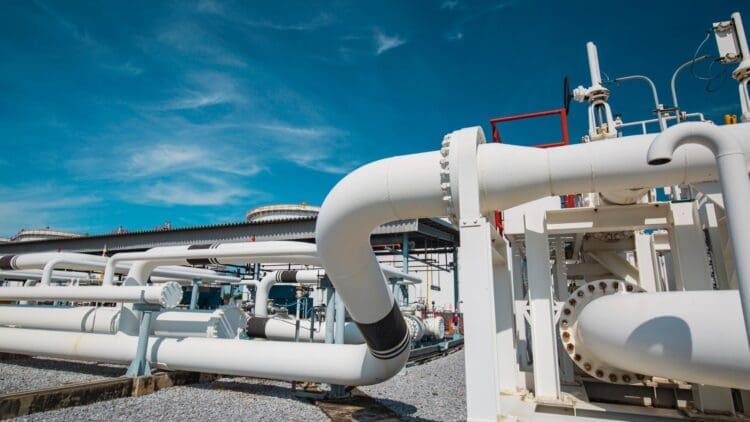Global investment firm KKR has cemented its footprint in the Middle East market recently when it acquired a minority stake in ADNOC, or the Abu Dhabi National Oil Company. The pipeline assets that the ADNOC has represent the most valuable oil pipeline on the planet and have delivered vast wealth to the nation of the UAE. And KKR has opted to make a significant investment in the pipeline network, cementing its reputation and presence in the Middle Eastern region.
The deal underscores the importance that the coal sector plays in the global economy
While much progress has been made across the world in transitioning away from fossil fuels, the majority of the world’s energy still comes from the oil sector. Several nations have invested heavily in the renewable energy sector, and while those commitments and investments are a step towards the right direction, the coal and oil sector still plays an integral part in the global energy sector.
The renewable energy sector is the ultimate goal for the nations of the world to transition to; the oil sector still provides the most practical form of energy generation. KKR is a massive company with a wide range of investments in its portfolio, and now it wants to increase its standing in the Middle Eastern region by expanding its stake in the ADNOC oil pipeline.
KKR has acquired a minority stake in ADNOC Gas Pipeline Assets
That’s the keyword here: minority. While KKR already had a partnership with ADNOC, it has now acquired a minority stake in the ADNOC pipeline. The ADNOC subsidiary operates an impressive 38 gas pipelines and two export terminals in the United Arab Emirates, and KKR wants a piece of the action.
Neither company disclosed the amount of the deal, but the world has seen several Arab nations opening up their markets to foreign investment. The deal comes off the back of ADNOC’s 2019 oil pipelines deal with KKR and BlackRock. Earlier this year, KKR appointed a former CIA Director, David Petraeus, to lead the company’s expansion efforts in the Middle East region.
“This investment reflects KKR’s commitment to expand partnerships and investment across the Middle East. The region’s strong fundamentals, bold vision, and focused leadership offer increasingly attractive opportunities for global investors.” – David Petraeus, partner at KKR and chairman of the KKR Global Institute and KKR Middle East
Petraeus joined KKR in 2013 and will lead the company’s efforts in the region alongside Julian Barratt-Due. The acquisition exemplifies the reliance on the conventional energy sector, as outlined by the recent H1 numbers that the coal sector has seen in several countries.
The ADNOC gas pipeline network, which links the company’s upstream assets to domestic off-takers across the UAE, will still be operated by ADNOC, while KKR takes a more invest and wait approach. The company says that its investments, while substantial, are aimed at long-term revenue. KKR has now been operating in the region for over 16 years and has offices in the UAE and Saudi Arabia.
The reliance on the oil industry is not going anywhere, anytime soon
The nations of the world have made some serious commitments to transitioning the energy sector away from fossil fuels towards the renewable energy industry. Those efforts have delivered some substantial results, but more work needs to be done in order to reach the lofty ambitions set by the biggest nations of the world. Some nations still rely on the conventional energy sector, like India, which recently opened up the 13th round of auctions in the coal sector. So, despite the commitments made, the overarching conclusion is that the oil sector is not going anywhere.





